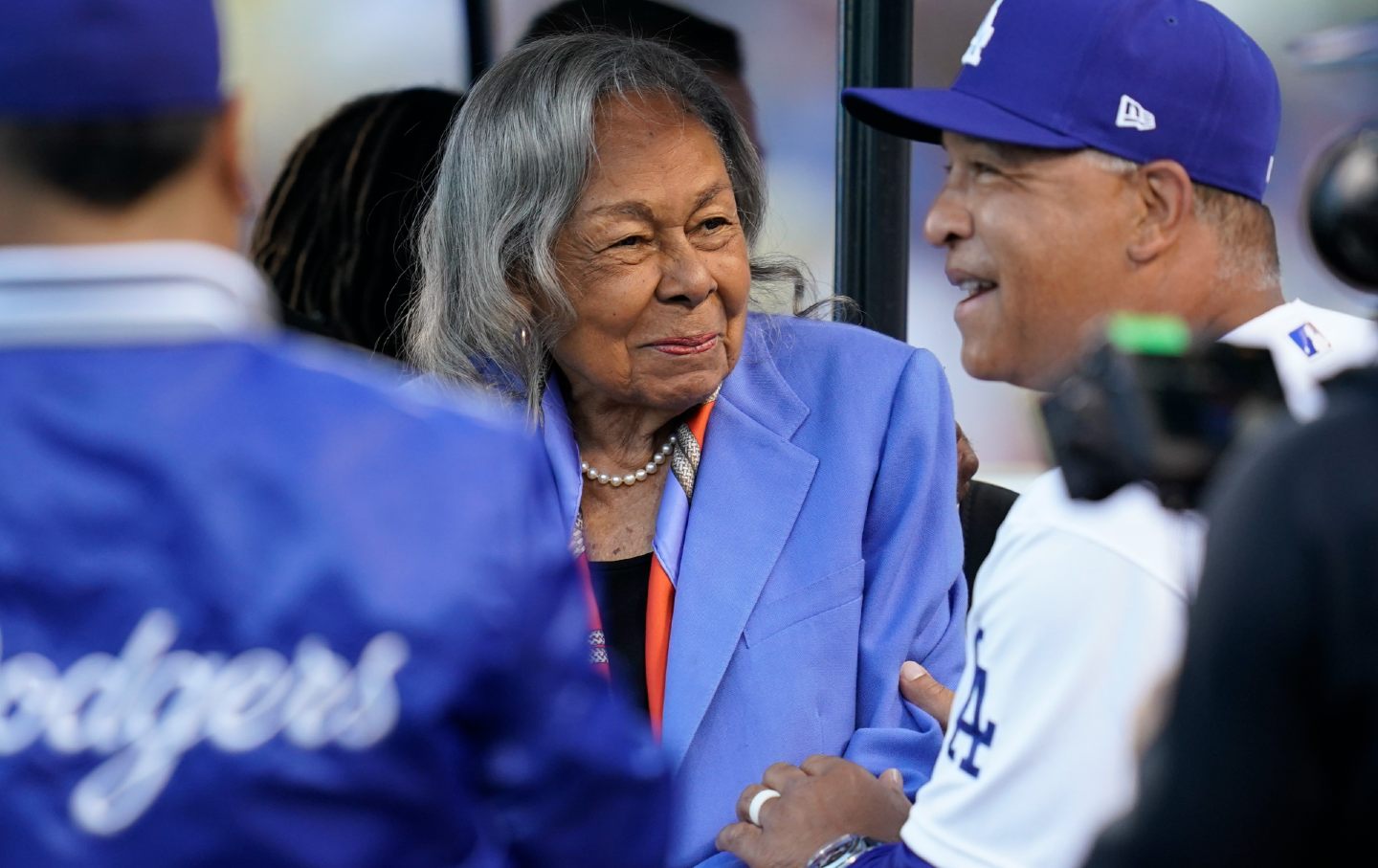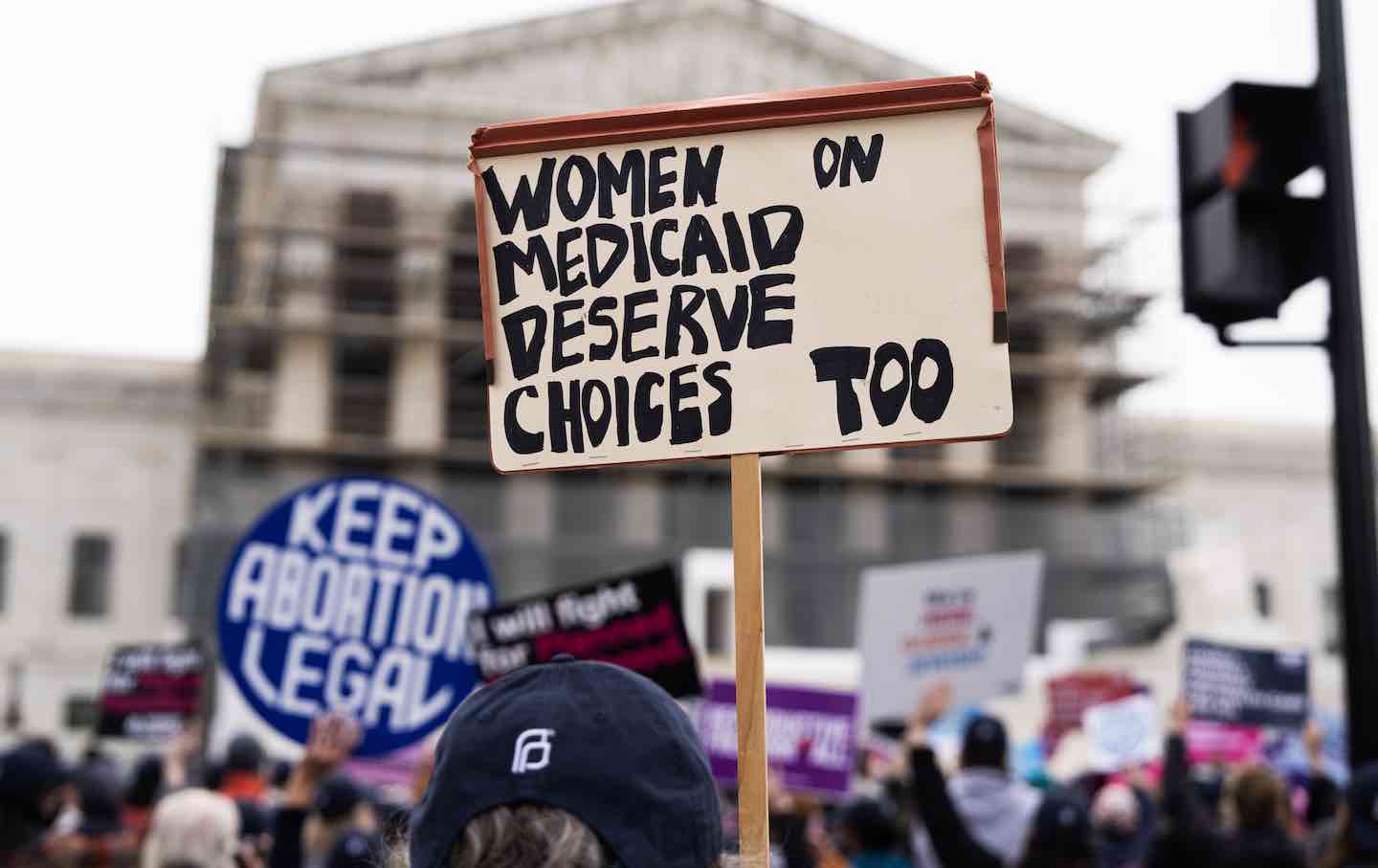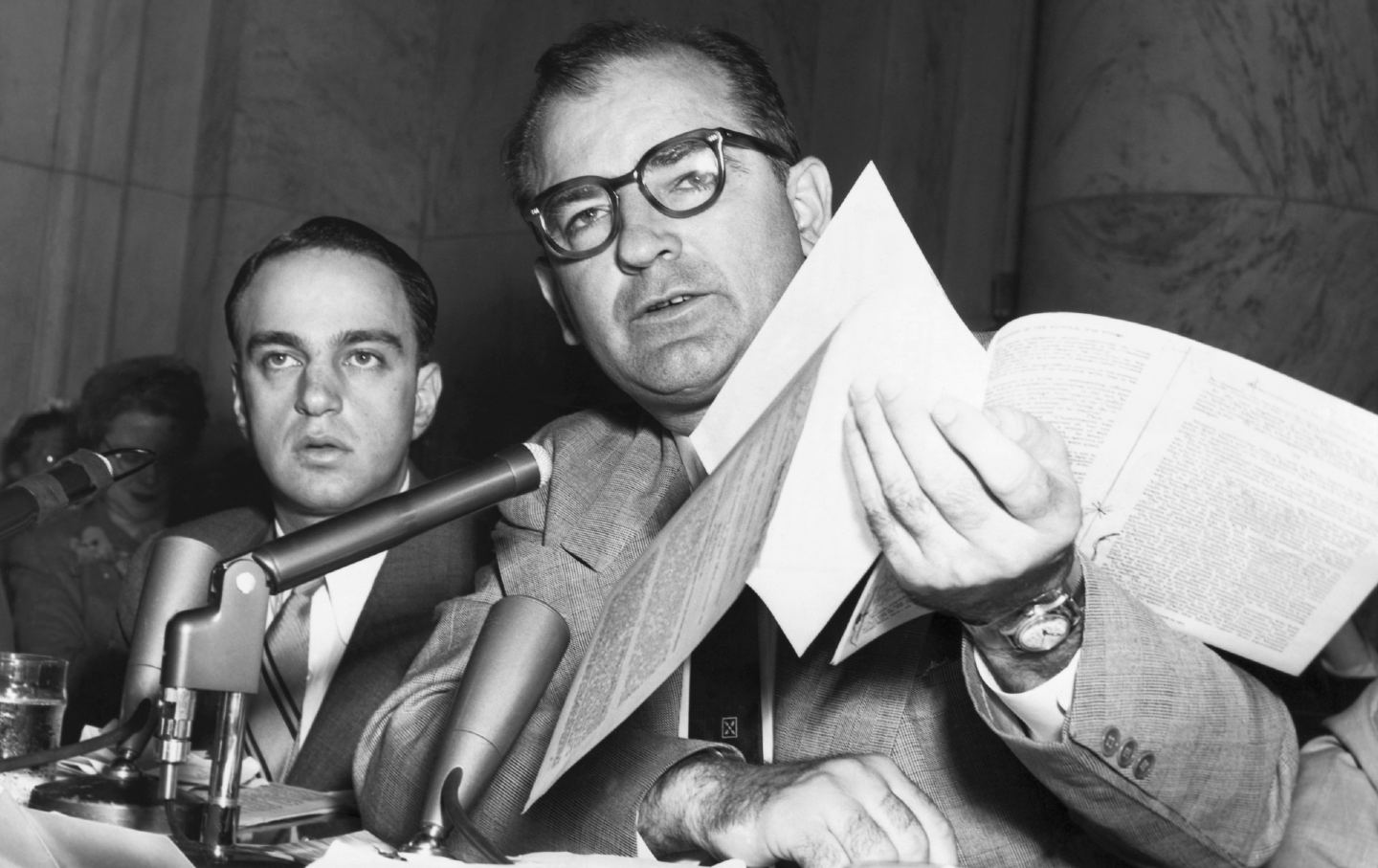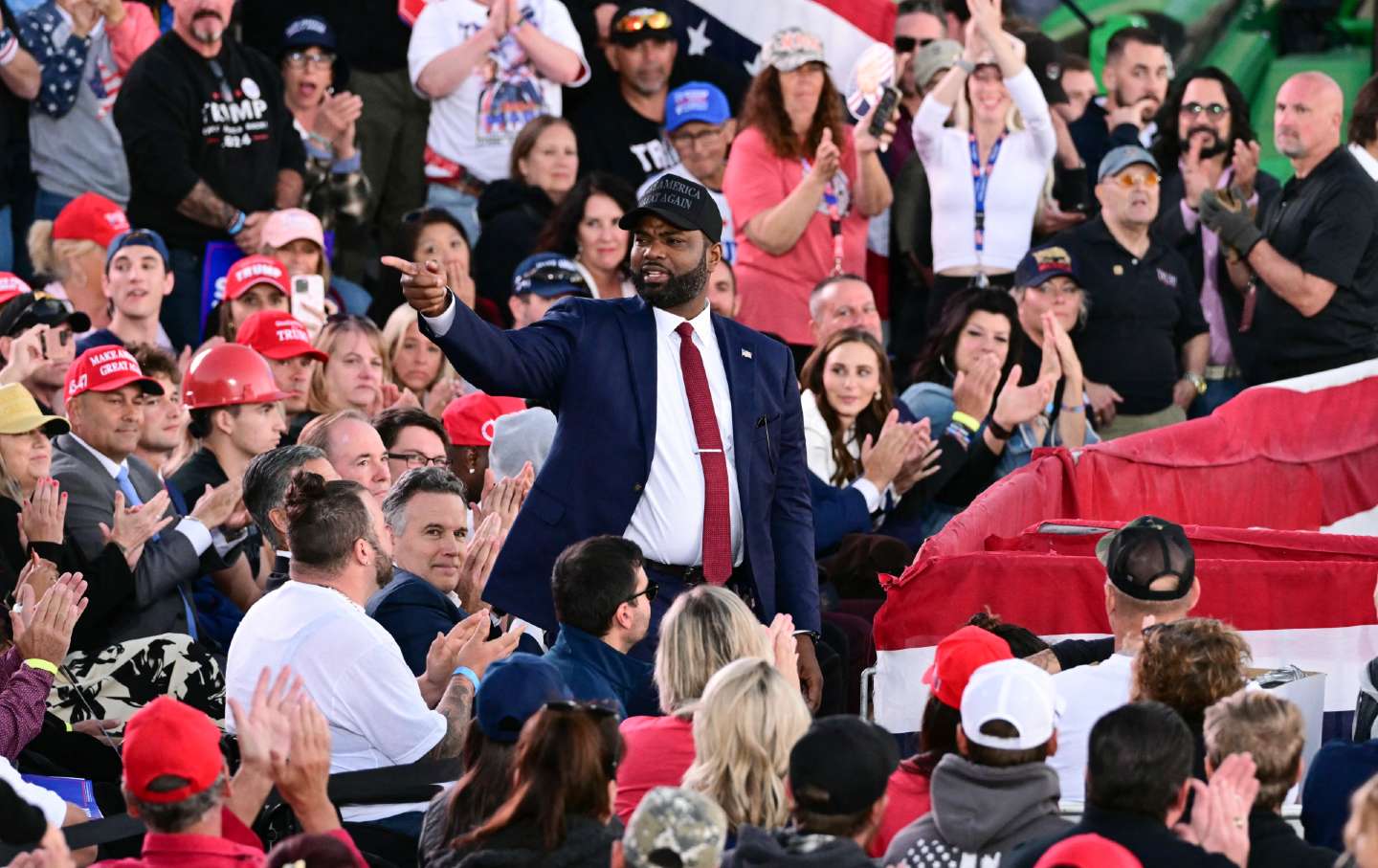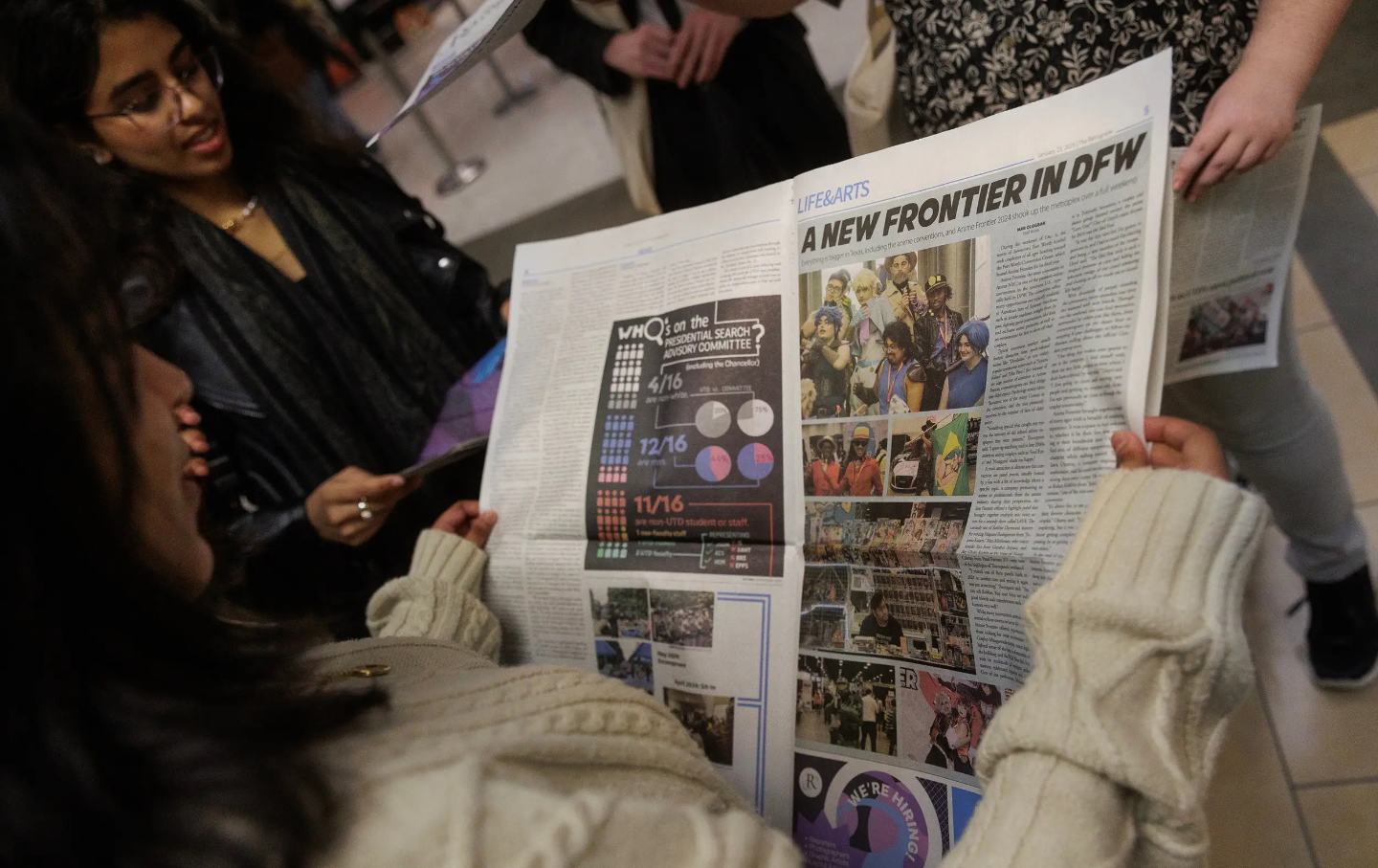Linda Hirshman Was a Different Kind of Feminist
In some ways, the lawyer and historian was a product of her time—but in more ways than most, she was ahead of it.
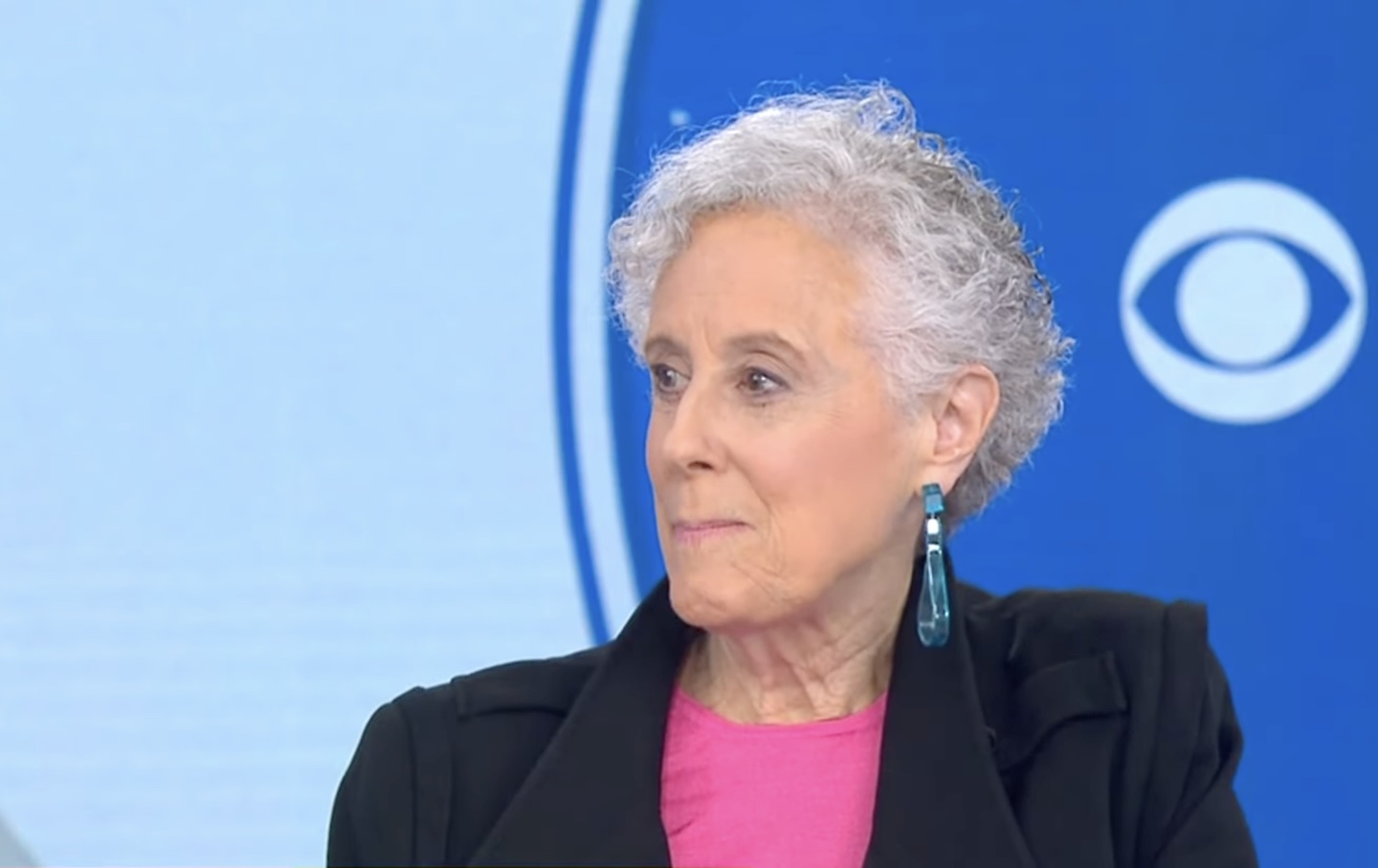
Linda Hirshman appears on CBS News in February 2022.
(YouTube)Linda Hirshman, the brilliant, original, and prolific feminist writer, died on October 31, 2023, at the age of 79. She was a warm befriender of other feminists, including me, and a great encourager of the young. She left her intellectual mark on many of us, but it is safe to say that she was one of a kind.
Linda proved how wrong F. Scott Fitzgerald was when he said there are no second acts in American lives. She began as a union lawyer, and became a law professor well into her career. A fierce polemicist and popularizer of unpopular ideas, she transformed herself, in her last decade or two, into an excellent historian, with books about Ruth Bader Ginsburg and Sandra Day O’Connor, the fight for same-sex marriage, the struggle to make laws against sexual abuse and harassment, and the difficult relations between Frederick Douglass and some white abolitionists.
She was frank, funny, generous, eccentric, fearless. She lived a big life and lived it out loud. She donated a million dollars to the Metropolitan Opera for its new production of Don Giovanni, in which the Don was portrayed as charmless middle-aged rapist in a business suit. Our last conversation, in fact, was a friendly disagreement about that opera. If the Don was a 18th-century Harvey Weinstein, I asked, why did Mozart give him such meltingly lovely—and seductive—music? But one of the great things about Linda was she really enjoyed being disagreed with. I gave her a photo of Cesare Siepi, the great mid-century bass who played the Don as a swashbuckling heartthrob, and she put it on her desk with much glee.
Linda took her views to the limit and sometimes over it, but the more you thought about them, the harder they were to refute. And sometimes the world caught up with her—she saw Monica Lewinsky as a youthful victim of sexual harassment back when most feminists, including me, saw her as making an unwise but free decision. (On a radio interview with the two of us and Catharine MacKinnon, Linda called me “a free love advocate from the ’60s.” I wish!)
In 2006, Linda published her first book, Get to Work. At a time when it seemed like women were dropping out of elite professions to stay home, she set herself squarely against the “choice feminism”—a term she coined—then popular with younger women. No, she claimed, every life decision is not okay simply because a woman chooses it. Educated middle-class women, she argued, needed to equip themselves for financial independence and devote themselves wholeheartedly to success at work—and bring other women along with them. Majoring in art or English set them up for dependence on a husband and stay-at-home mothering, which (and this is the bit that enraged people) she quite plainly did not regard as a sufficient life project. Besides, if women gave up on having powerful careers, men would continue to run the world, to the great detriment of women as a class.
In retrospect, the whole idea was way too simple—what if you just don’t want to be a lawyer or a surgeon or a businesswoman? What is feminist about scorning philosophy and French? The mass exit of students from the humanities in pursuit of high-paying jobs is a civic and cultural disaster from which we may never recover. But there was truth in it too. Raising backyard chickens may be a sweet life, but it won’t help when you find yourself suddenly on your own with kids to raise and a resume that ended with your first baby. (Speaking of babies, Linda thought you should stop at one.)
Linda was a liberal feminist in a style today’s movement ridicules as “white feminism,” and it did, admittedly foreground issues relevant to middle-class educated white women. Post–Sheryl Sandberg, not many feminists would claim the way to liberate women is to have more female CEOs and fewer women with two or more children. But Linda grew. Her 2018 book Reckoning: The Epic Battle against Sexual Abuse and Harassment gives full credit to the working-class and Black women whose persistence in suing their employers broke new ground and helped bring about #metoo.
Two things stand out for me about Linda. One is her confidence: How refreshing it is to have someone express herself without pussyfooting around and constantly looking over her shoulder lest she offend someone or fall afoul of the ever-growing list of feminist taboos. The other is her optimism. Her book about same-sex marriage came out in 2012, when only six states and the District of Columbia permitted it, and pundits argued supporting it would destroy the Democratic Party. She told NPR that she was sure it would be the law of the land before long, and accepted as part of ordinary life. She called the book Victory even as same-sex marriage lost in every state where it was put to a popular vote.
At a time when women’s abortion rights are being tossed out the window in state after state, with birth control next, we could all use a dose of those qualities. I think we’ll win in the end. If only Linda were here to see it.

